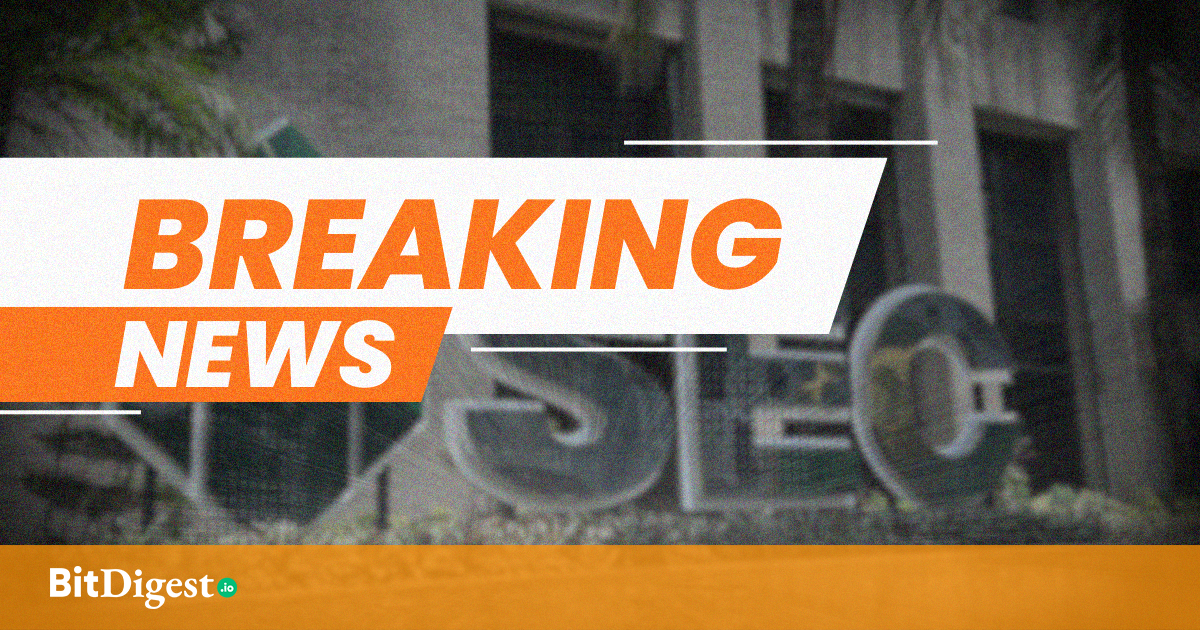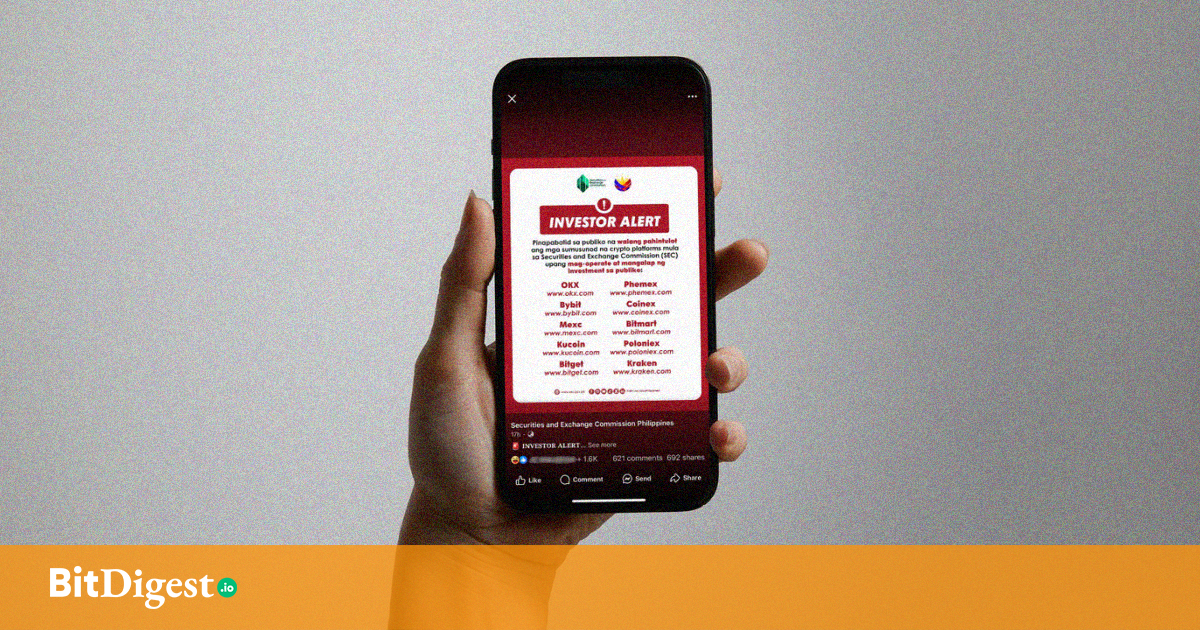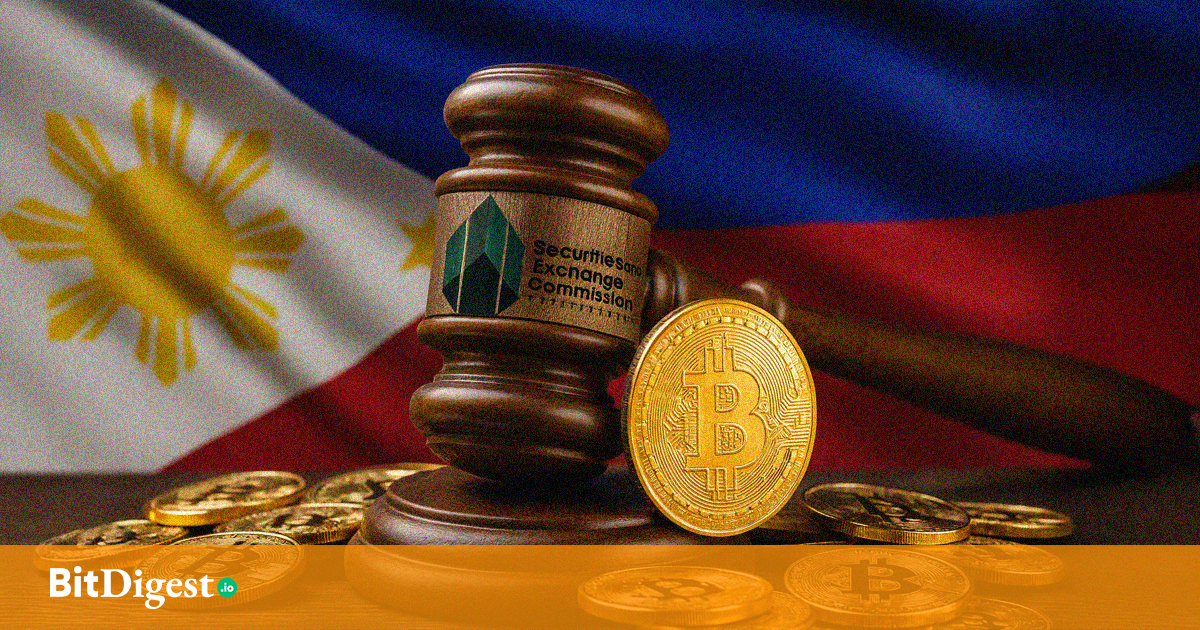7 Crypto Wallet Safety Tips for Beginners
With the rise of crypto and decentralized finance, you now have the ability to be your own bank. If you use a self-custodial wallet (one which gives you sole control and responsibility over your crypto) you can store, invest, or trade them anywhere and with anyone you want, without the fear of losing access to your funds if the platform decides to lock you out.
But knowing how to transact with crypto isn’t the same as knowing how to protect it. One careless click, one forgotten seed phrase, or one weak PIN are all it takes for you to lose everything in your wallet. Depending on the type of wallet you have, it may be nearly impossible to get your funds back.
Often, there’s no one to call when things go wrong. No reset button or refunds. So when dealing with crypto assets, you need to be extra careful.
Here are 7 basic wallet safety tips every crypto user should know:
1. Backup Your Seed Phrase
Your recovery phrase (usually 12 or 24 words) is the most important part of your wallet. It’s your master key. If someone gets it, they can drain your entire wallet. If you lose it, you lose access forever.
That’s why you should never store it on your phone, computer, or in the cloud. Avoid screenshots and password manager storage, too. Instead, write it down on paper and store it somewhere secure and offline, preferably in multiple copies kept in separate locations. If you’re extra cautious, consider a physical storage tool that can survive fire and water damage.
2. Don’t Click Random Links
Scams in crypto are everywhere. They’re especially rampant on Twitter, Discord, and Telegram. Phishing links can look legit, but they’re designed to trick you into connecting your wallet to a malicious site.
Always double-check URLs and verify the legitimacy of a project or platform before clicking anything. Avoid connecting your wallet to unknown sites, especially those promising giveaways, airdrops, or free tokens. If something feels off, it probably is. In crypto, trusting your gut can save you a lot of pain.
Also, avoid using public WiFi when accessing your wallet. Hackers can easily track you online and direct you to phishing sites disguised as legitimate webpages. Use a secure, private internet connection instead.
3. Use a Strong Passcode
It might seem obvious, but a weak PIN or password—or worse, an unprotected device—is one of the easiest ways to lose access to your funds. If someone gains access to your phone or computer, and you haven’t secured your wallet app, they could take everything.
Always use a strong PIN or password for your wallet, and enable extra protection like fingerprint authentication when available. For extra security, make sure your device stays updated with the latest bug patches and free from malware.
4. Use Separate Wallets
Don’t keep all your crypto in one place. Think of it like real-life money. You wouldn’t carry all your savings in the wallet you take with you when you leave home.
For starters, you can opt to use one wallet for daily transactions or trading, and a separate wallet for storing the bulk of your crypto portfolio. This way, if your active wallet gets compromised, your main funds remain safe. You can also experiment and interact with dApps more freely when you know your savings are in a secure, untouched wallet.
5. Use a Hardware Wallet for Long-Term Storage
Hardware wallets (also called cold wallets) like Ledger or Trezor keep your private keys offline, making them harder to hack. They’re ideal for storing large amounts of crypto for a long period of time.
6. Test with Small Amounts First
When sending crypto or interacting with a new app, try it with a small test amount first. Make sure it works before committing larger funds.
7. Choose a Reputable Wallet
One of the best ways to keep your funds safe is to pick a wallet with a good track record and a high level of security. Out of the hundreds of wallet apps out there, some are designed with many flaws while others are outright scams. So make sure you’re using a reliable and secure wallet with a good reputation in the space, such as OKX Wallet, which gives you full control over your private keys, supports multiple blockchains, connects to decentralized apps, and is built for both beginners and advanced users.
Still, despite how good your wallet is, if you lose your keys, click the wrong link, or accidentally share sensitive wallet information online, you can still end up losing your hard-earned funds. So always be proactive. Take security seriously: make a proper backup of your seed phrase, think before you click, and don’t put all your funds in one wallet.
Disclaimer: This article is for informational purposes only and does not constitute financial advice. Always do your own research before investing in crypto.
.svg)


.svg) SHARE TO FACEBOOK
SHARE TO FACEBOOK SHARE TO TWITTER/X
SHARE TO TWITTER/X SHARE TO LINKEDIN
SHARE TO LINKEDIN SEND TO MAIL
SEND TO MAIL





.svg)


.svg)